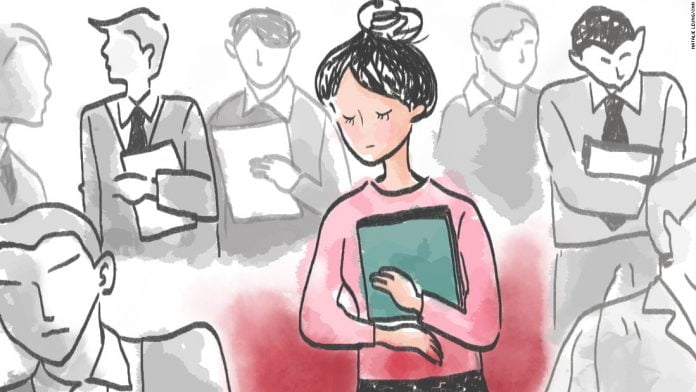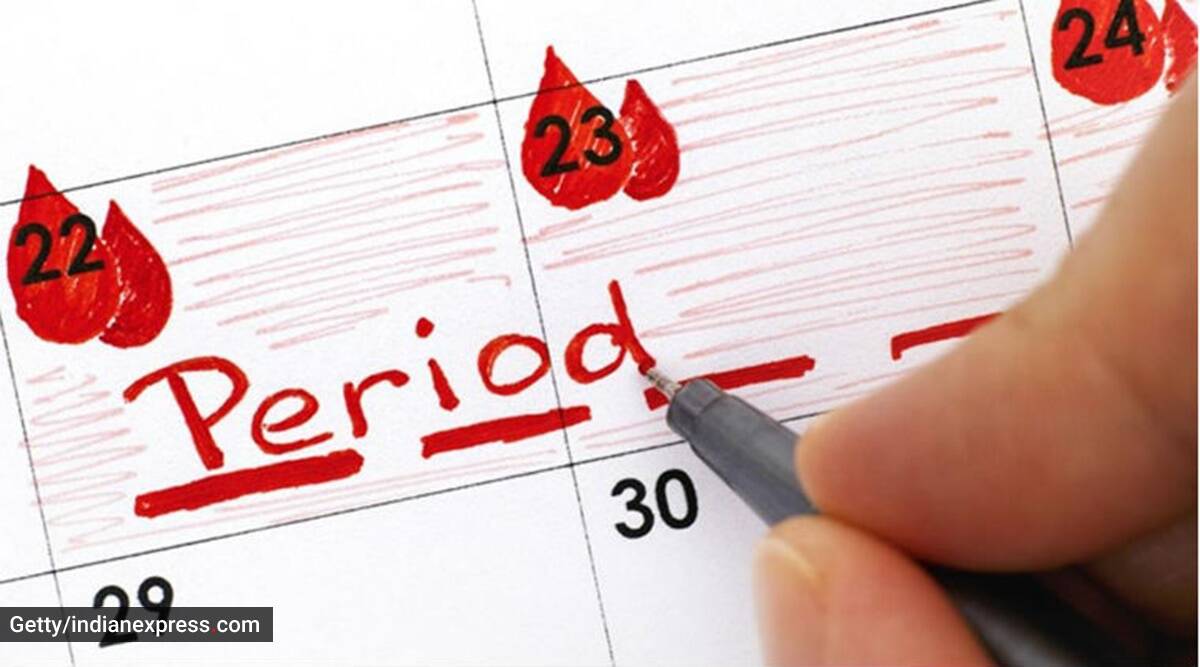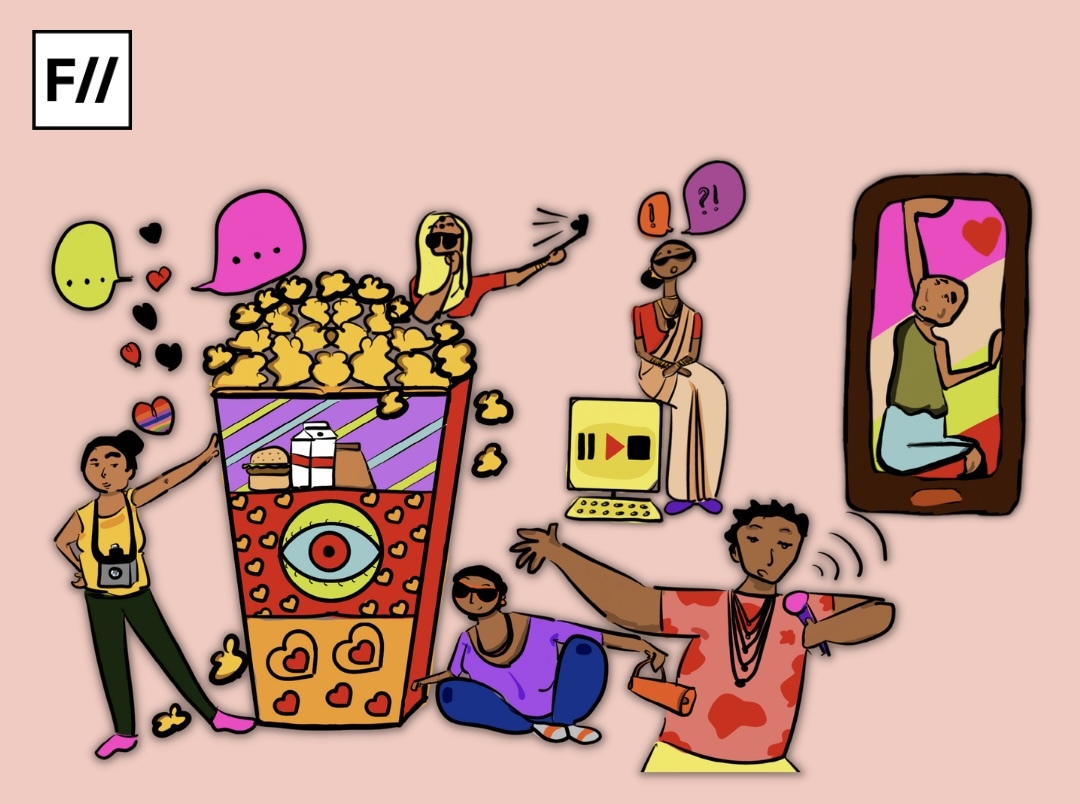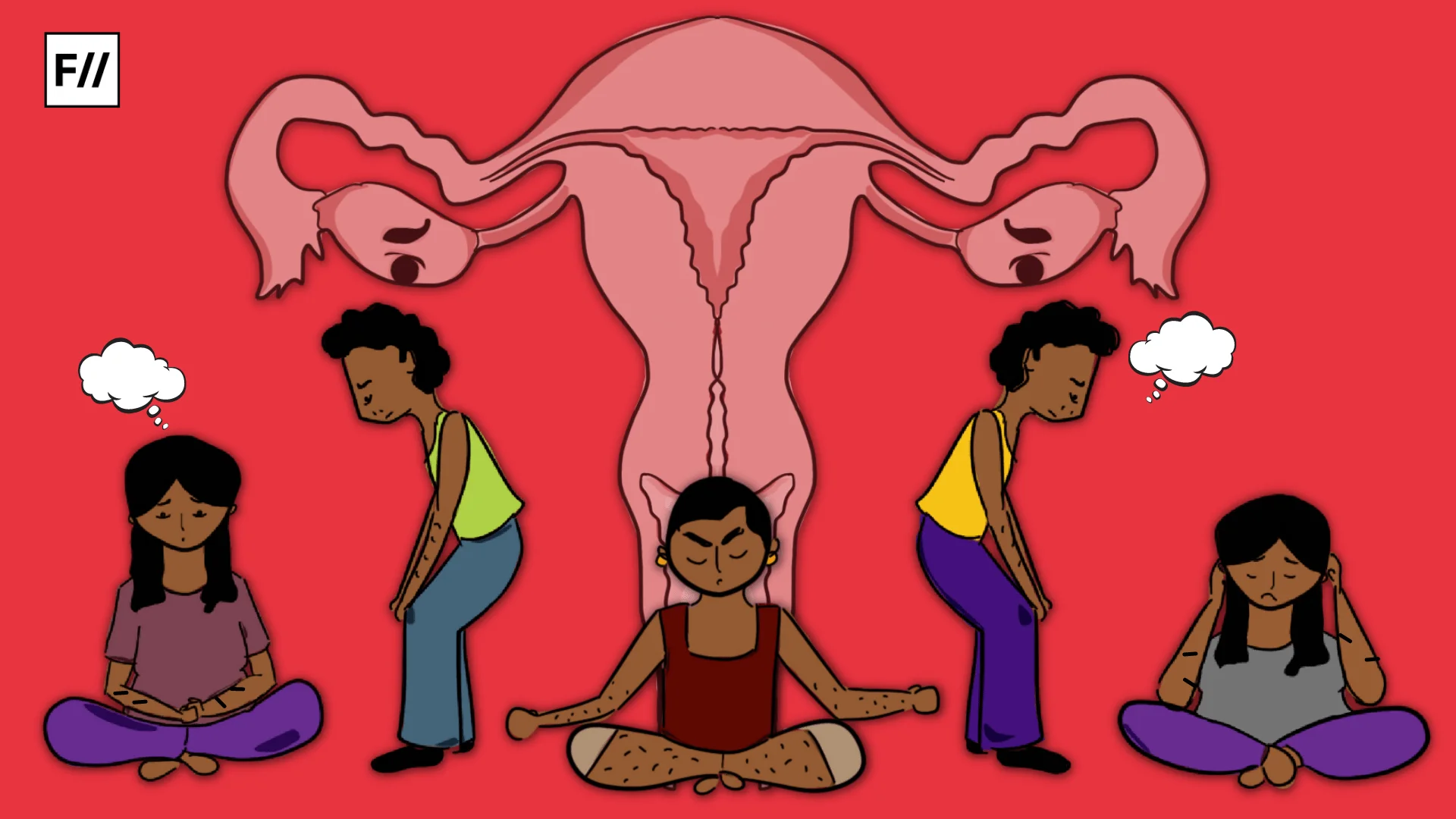Ninong Ering initiated the Menstruation Benefits Bill proposal in the year 2017, which first talked about providing women in the workplace paid menstruation leave. A survey conducted in 2017 found that almost 50 per cent of women in India experience irregular menstruation cycle, and most of them experience a sense of discomfort and pain during this time. Not until recently did the argument and discussion regarding ‘Period Leave’ started when Culture Machine and more recently Zomato announced to provide paid period leaves for its employees.
The menstrual leave declaration was perceived as an act that would portray women as the ‘weaker’ gender who needed some time off to manage their work and be at par with the men.
Not surprisingly, it received much backlash as it was perceived as “women taking advantage of their situation” or by the argument “I do not feel any pain. I do not need the leave”. Somehow, the menstrual leave declaration was perceived as an act that would portray (cis) women as the ‘weaker’ gender who needed some time off to manage their work and be at par with the (cis) men. Not only men but most of the women also did not welcome this decision and defended it by stating that menstruation should not be considered to be a ‘sickness’; rather, it should be treated as a ‘normal process experienced by people with uteri each month.
Also read: Room To Bleed: Do Domestic Workers Have ‘Period Leaves’ Too?
However, how do we define individuals who experience extreme menstrual cramp or suffer from a lack of concentration during this time? How do we define the extreme mental turmoil some people experience during the early days of menstruation? Should it qualify as ‘sickness’, or should we normalise it to the point that we stop acknowledging the same?
Most of the ‘woke’ women worldwide, especially in India, have considered this decision to be somewhat detrimental and an act of humiliation of women’s capability. They perceived this act as going against the ideology of equality and providing special provisions for women. These women feel this decision is questioning women’s capability and not treating them on par with the men.
They feel if equality needs to be achieved, the provisions should remain the same for everyone. But how can we act like the biological process which a person with uterus goes through every month is at par with that of a cis man’s? How can we deny the extreme physical and mental toll it takes on their health to ‘prove’ to the world that we are ‘like’ (cis) men? Is accepting the pain we go through every month and the leave we deserve to make us feel ‘weak’ as human beings? If so, why?

Also read: Institutionalising Period Leaves: Does ‘Equal’ Mean ‘Identical’?
Until the structure of the organisation changes in the country, in reality, even if this policy comes into play, most persons with uteri may deny taking these leaves. They would opt to work on these days to ‘prove’ their productivity to the world. Women and marginalised genders are always at the threat of being fired or replaced, there lies a tendency to ‘prove’ their worth, which (cis) men generally don’t feel the need to do.
Surveys have stated that this period leaves like the already prevailing maternity leave, will worsen woman’s situation in the working sector by further increasing the pay gap or increasing the risk of getting replaced or fired as they need “too many holidays”.
Surveys have stated that this period leaves like the already prevailing maternity leave, will worsen (cis) woman’s situation in the working sector by further increasing the pay gap or increasing the risk of getting replaced or fired as they need “too many holidays”. It is not new to us that most organisations prefer hiring male workers as they feel female workers come with a lot of ‘liability‘, ranging from premenstrual syndrome to maternity leave. Though other countries like Japan, South Korea already allow paid period leaves, India has still not been able to implement it and is stuck around the same debate.
Hence (cis) women in India are deceptive of these policies and are not yet ready to accept or welcome the same as they feel it may have a detrimental effect on their working situation. However, we need to consider that acknowledging biological differences or the prevalence of a certain biological process does not make a person ‘weak’ or ‘not capable’. While developing its policies, any organisation should consider the biological differences that an individual may experience and develop an inclusive policy based on the same where each individual can be productive in their own way and are not ‘looked down’ upon for the mere biological experiences.
Also read: ‘Period Leave’, Period. Unlearning The Bias Against Menstruation At Workplace
In an interview, Kavita Krishnan states that since the 1990s many employees in Bihar have already been availing this period leave. When they were asked whether it has increased discriminatory behaviour concerning them, they believed there has always been discrimination, and it is still present, but the decision of period leaves did not increase the same.
It is essential to understand that accepting and recognising biological differences is extremely important for any individual. Being gender blind does not lead to equity in the ideal sense. As many (cis) women and people with uteri function differently during menstruation, their needs should be paid heed to while structuring policies. They cannot be left behind or made to feel ‘unworthy’ just because of their biological experiences. However, everything does not lie in the perception of (cis) women and marginalised genders; until the organisations become more inclusive and validate the individual experiences of all employees, it is not fair to shift the onus on them.
Women are sceptical that they would be perceived as “misusing” the period leave and would not be considered “career-driven”. There is a need for women to go beyond their way to “prove” their worth because otherwise, their fellow male employees would think they need “mere excuses” to take a break from work. Hence, though this move can be perceived as a much-needed one but until the time the individuals stop making the those who menstruate feel ashamed about their biological experiences, the policy’s implementation will not be effective and availed by the target group for whom it has been initiated.
Featured image source: Indian Express
About the author(s)
Brishti Sen Banerjee is a PhD Research Scholar in Indian Institute of Technology, Kanpur. She has experience in formulating research tools, conducting on ground research work and in advocacy. She is a passionate lover of junk food and loves the mountains.




